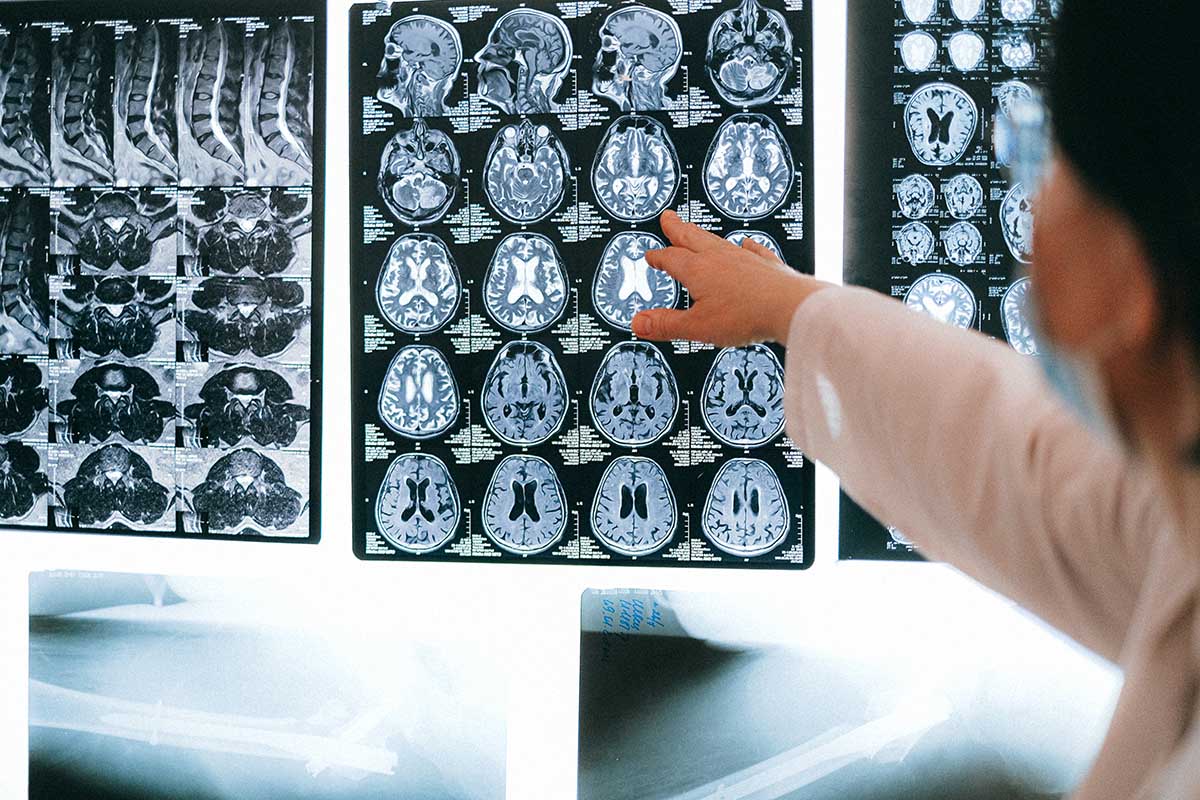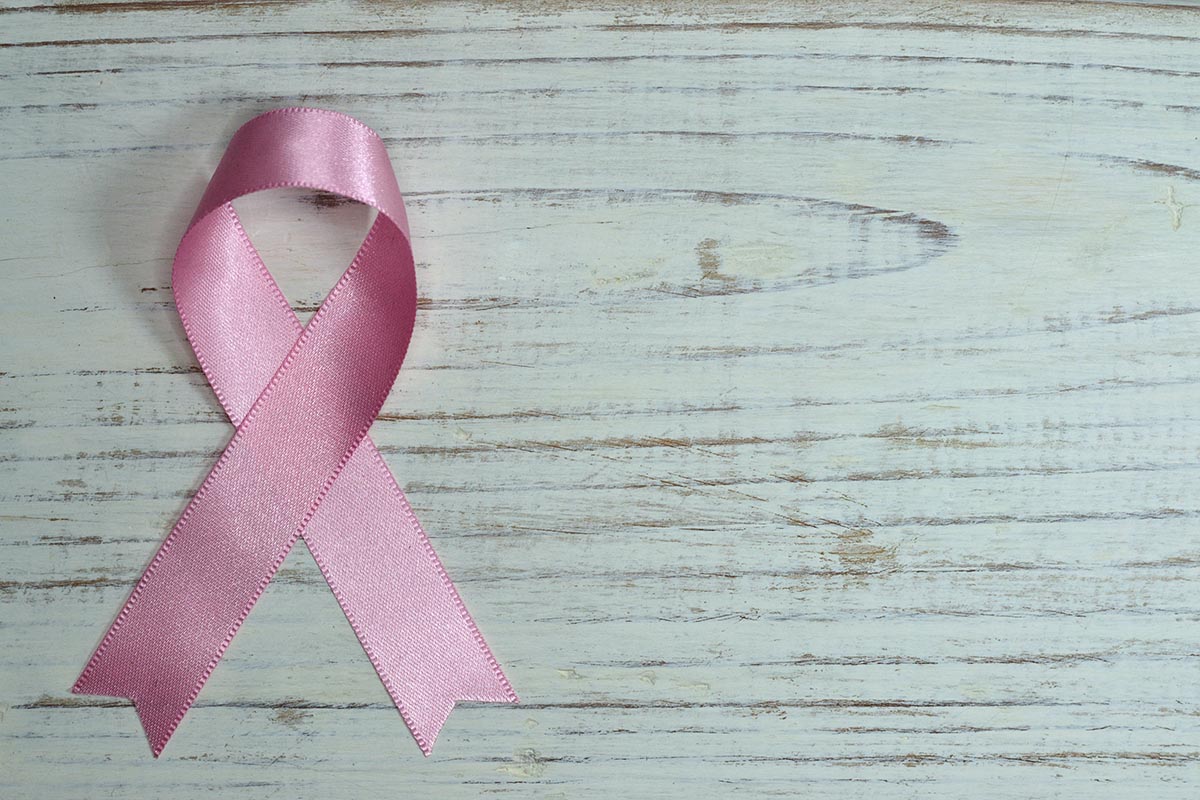What Do You Need to Know About Medical Negligence?
A trip to the hospital is rarely a joyous experience at the best of times. But in the wake of a global pandemic – which still poses an active threat to the UK population – the NHS is in poor shape.
Shortages of medical staff and wards pushed to breaking point have led to prolonged waits for care, and, unfortunately, reduced quality of care for many. With the NHS dangerously underfunded and overworked still by the prevalence of coronavirus, medical negligence is sadly more likely.
What is Medical Negligence?
Medical negligence is when a medical professional or clinical body fails in the correct and adequate administration of care to an individual, resulting in undue injury or suffering. For example, a surgeon may make a mistake during surgery, which either fails to cure a condition or creates a fresh injury.
Alternatively, a GP might misdiagnosis an illness, resulting in prolonged infirmity. In 2020-21, there were over 12,000 medical negligence claims reported to NHS England – the highest number in over a decade. In legal terms, medical negligence is a specific sub-section of personal injury law, with cases managed in a similar fashion.
How Should I Make a Claim?
If you believe that you have been a victim of medical negligence, your first port of call should be an appointment or consultation with professional medical negligence claim solicitors. Many offer a free consultation to hear your story and talk through the next steps.
You should endeavor to reach out as soon as you are able following the alleged negligence event or events; there is a three-year time limit from the date on which the negligence occurred before you are ineligible for a claim.
Medical Negligence: What Do I Need to Prove?
In order to make a robust medical negligence claim, your case needs to meet specific criteria that are commonly referred to as the ‘four Ds’ of medical negligence: duty, dereliction, direct cause, and damages.
- Duty is short for ‘duty of care, being the responsibility a medical professional assumes over your condition, health, and recovery. The first step in your negligence case is proving that the medical establishment, facility, or professional you deem responsible did in fact have a duty of care over you at the time;
- Dereliction is the second half of this first step; you will need to prove that said professional was derelict in their duty of care, whether by accidental or wilful deviation from correct care procedures;
- The direct cause is the establishment that the above dereliction was the direct cause of any pain, injury, or undue suffering you endured. This is an important legal distinction, and arguably the most important part of your case; the burden is on you to prove that you would not have otherwise suffered if diagnosis, treatment, or care was provided correctly;
- Damages refer to the financial value you attach to the ramifications of the negligence you suffered – or, the monetary compensation you are seeking. Parts of this sum are easy to calculate; if you were rendered unable to walk without assistance for some time, you would be able to claim for the cost of travel and accessibility devices. However, some are harder to qualify. There is the cost of mental anguish, especially where negligence may have permanently reduced the quality of life.




















